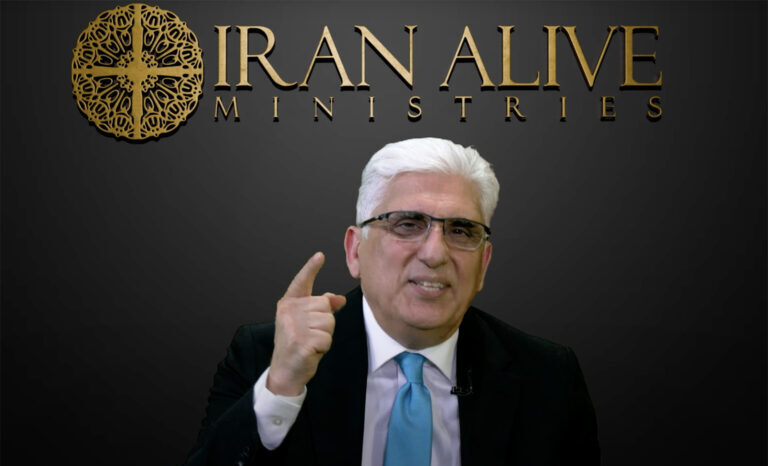On July 12, the Department of Education issued a proposed rule under Title IX discrimination laws that would expand the definition of “sex” to include sex stereotypes, sex characteristics, pregnancy or related conditions, sexual orientation, and gender identity.
Following the announcement, the DOE allowed 60 days for organizations and individuals to comment with concerns. As that comment period closed Monday (Sept. 9), the DOE is obligated to respond to each of these comments before putting forward a finalized rule.
What is Title IX?
Title IX of the Education Amendments of 1972 prohibits sex-based discrimination in education, stating: “No person in the United States shall, on the basis of sex, be excluded from participation in, be denied the benefits of, or be subjected to discrimination under any education program or activity receiving Federal financial assistance.”
Title IX law is intended to provide equal opportunities for both men and women seeking to participate in educational institutions and extracurricular activities that receive federal funding.
How would this proposed rule change Title IX laws?
This proposed rule would reinterpret Title IX’s prohibition against sex-based discrimination to include sexual orientation, gender identity and pregnancy.
Section 106.10 of Title IX will “articulate the Department’s understanding that sex discrimination includes discrimination on the basis of sex stereotypes, sex characteristics, pregnancy or related conditions, sexual orientation, and gender identity.”
Under this new rule, preventing individuals from participating in school programs consistent with their self-identified “gender identity” would constitute discrimination.
In order to receive federal funding, religious schools and organizations may be compelled to allow transgender students to live in opposite sex dorms, use restrooms reserved for the opposite sex, or participate on sports teams with their chosen gender identity.
This proposed rule is another attempt by the executive branch to extend the bureaucratic application of the Supreme Court’s ruling in Bostock v. Clayton County (2020). In Bostock, the court held that Title VII of the Civil Rights Act of 1964 protects gay and transgender employees against unlawful discrimination — logic that various executive agencies including the Equal Employment Opportunity Commission, the Department of Agriculture, and now the DOE have applied to Title IX.
The DOE’s proposed rule explicitly relies on Bostock’s reasoning because of similarities in the text of Title VII and Title IX and other comparable applications by federal courts. But a federal judge temporarily blocked similar guidance previously issued by the DOE, aiming his sights at the “improper expansion” of Bostock‘s reasoning to Title IX.
This new rule, then, is likely vulnerable to similar litigation that could severely limit its applicability and effectiveness.
Why is the rule problematic?
The DOE’s proposed change would have sweeping effects that would significantly undermine the original intent and purpose of Title IX.
The new language that expands the definition of “sex” to include “sexual orientation” and “gender identity” (SOGI) would penalize institutions that did not expand the definition of sex to include SOGI. Organizations and schools under the jurisdiction of Title IX would no longer be able to define sex as a person’s biological sex from birth, but instead would be forced to adopt gender identity as the student’s sex for purposes of Title IX and its implementing regulations.
In athletics, a refusal to account for biological, sex-dependent differences will legally enshrine inequality in sports by changing the very law that sought to achieve the equality in the first place.
In addition to being unfair, it is insulting and demeaning to females for our nation’s policies to proceed as if biological males are the standard by which they ought to evaluate themselves. If the proposed change is accepted, the law created to protect them from discrimination and provide them equality would discriminate against them and make them more unequal than ever before.
Not only would this proposal completely blur the distinctions between men and women and the corresponding team sports they participate in and facilities they utilize, it will have the effect of rolling back all the good that has been done to ensure men and women have the same opportunity to participate in educational institutions and activities.
Additionally, though Title IX has a robust religious exemption, it does not include protections for people of faith at nonreligious institutions, and the DOE has indicated that they may take further action limiting the religious exemption in the future.
How has the ERLC responded?
The Ethics & Religious Liberty Commission has submitted public comments laying out their concerns with the proposed rule and urging them to reconsider making these changes.
Title IX directly affects a host of other regulations across agencies making the effects of this change sweeping. The ERLC will continue to monitor these changes and look for additional opportunities to raise our concerns and advocate for the recognition of God’s good design for biological sex and for the protection of religious liberty.
EDITOR’S NOTE — This story was written and published by policy staff of the Ethics and Religious Liberty Commission.










